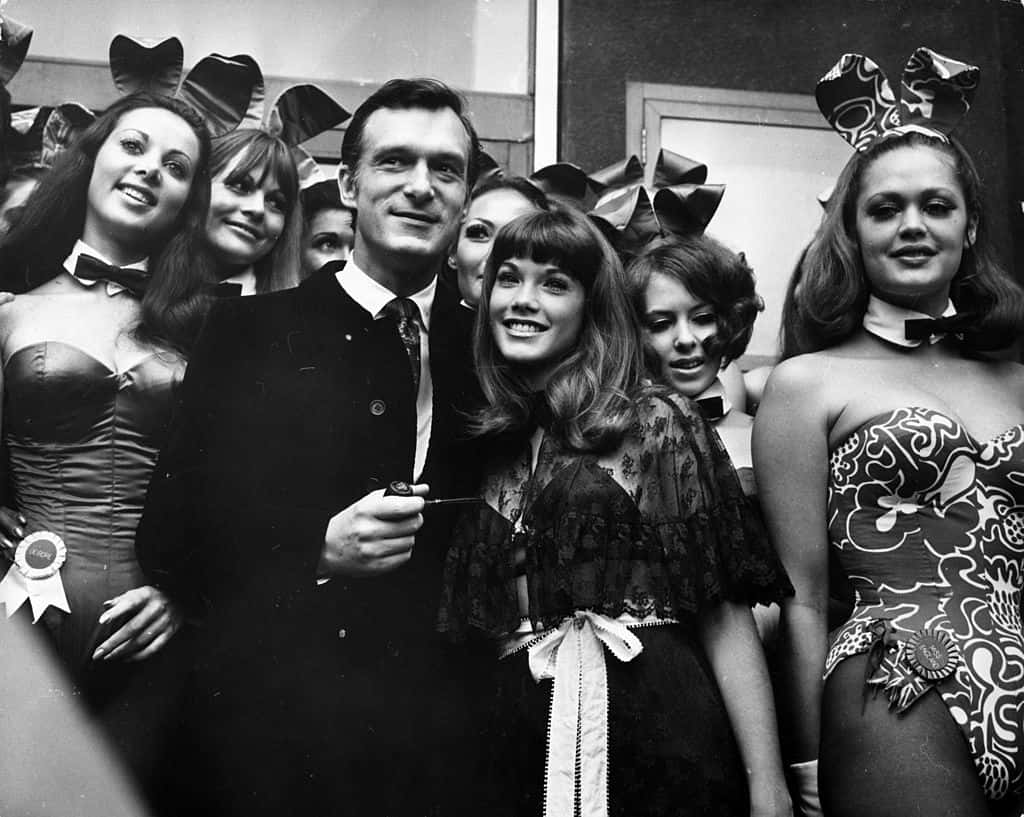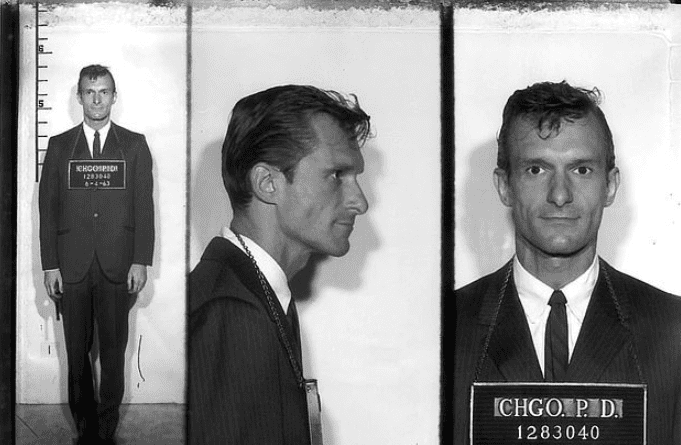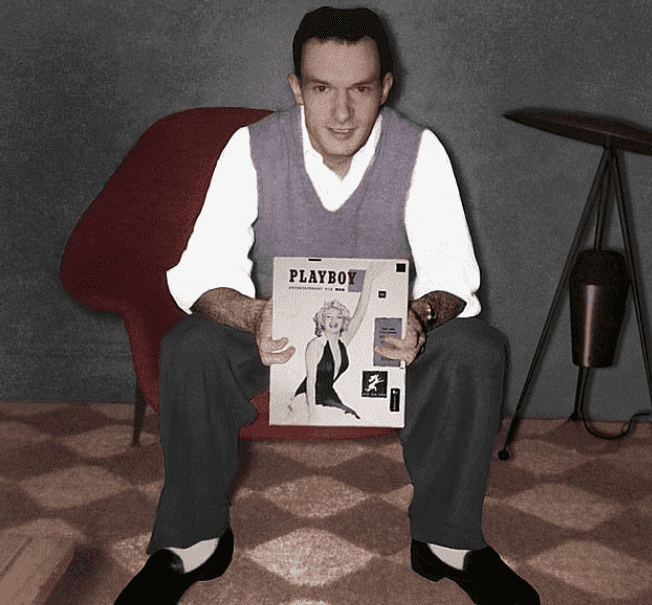The Playboy Files: FBI documents reveal Hugh Hefner's "obscene" lifestyle and why he was "too clever to violate laws"

Two years after the death of Playboy founder and former editor-in-chief Hugh Hefner, the FBI has finally released its file on him.
The document spans 58 pages and is heavily redacted. It details notable events in Hefner's life right from 1958, five years after he launched the world famous magazine, Daily Mail reports.
In the late 1950s and early 1960s, the intelligence agency interviewed Hefner several times over "obscene material", the file revealed.
The agent in charge of Hefner's file suggested in a memo to then-FBI Director J. Edgar Hoover that the law enforcement agency should surveil Hefner to see if he had broken any laws. At the time, the issue at hand was to determine whether Hefner and his photographer Edward Oppman intended to smuggle "pornographic images" across state lines. Their movements are detailed in several of the grainy typewritten pages constituting the documents.

The file also revealed Oppman regularly attended Hefner's "frequent late hour parties" that "sometimes last through the night" at his coveted apartment on Chicago's Ohio street. However, in conclusion, the FBI found the pair had not violated any existing laws.
"Persons interviewed advised that Hefner too clever to violate Federal or local laws," a summary of the investigation reads.

While speaking to the FBI at the time, Hefner compared his magazine to Esquire. In 1958, he was prohibited from mailing the magazine after someone complained it was "obscene."
In 1963, Hefner published photos of actress Jayne Mansfield in bed with a man that the city considered "obscene and suggestive", leading to his arrest. Newspaper clippings from his arrest are included in the FBI file. The pictures that led to his arrest on obscenity charges were described by one article at the time as showing "a well-endowed movie female sprawling about in various stages of nudity."
"Our view is that mass-produced lewdness can have a weakening, damaging effect on the moral framework of a community," the Chicago paper added.

However, a jury did not find him guilty and so he was able to beat the charges at a subsequent trial.
In one of the pages, it was revealed a former Playboy employee left the firm as "he did not approve of Hefner's moral character" as well as his excessive drinking habits.That said, the most recent pages of the file are from 2001. At the time, the FBI reported around 15,000 emails were sent to patrons of the magazine from Hefner's personal e-mail addresses and forged accounts.
The FBI has a policy of releasing the file on a person of public interest on its records website upon their death. However, it took nearly two years for the agency to process Hefner's file before its release.

Over the years, Hefner became one of many A-list celebrities whose investigative files were made public for journalists, fans, and researchers. Others include Michael Jackson, Elvis Presley, and Frank Sinatra.
Born in 1926 in Chicago, Illinois, Hefner founded the influential men's magazine in early 1953 and soon went on to become a millionaire.
The rise of Playboy was phenomenal, with the magazine selling 50,000 copies of its first issue that featured Marilyn Monroe on the cover. By its second year, the magazine went on to have seven million subscribers. The ladies man purchased the notorious Playboy Mansion in 1971. It ultimately became the party hub for Hollywood celebrities who developed a close relationship with Hefner.

He was a controversial figure who often bragged about sleeping with thousands of women and flaunted his taste for women much younger than him. The business magnate died in September 2017 of natural causes aged 91 at his $100 million Beverly Hills mansion.
Hefner was buried in an LA cemetery next to Monroe per his wishes. He had bought the plot of his burial in 1992 for $75,000.










